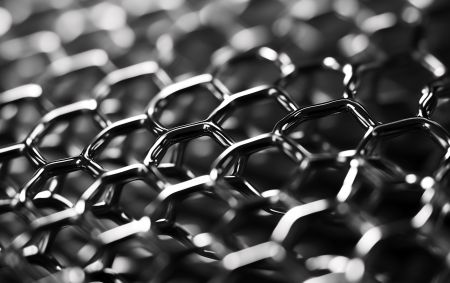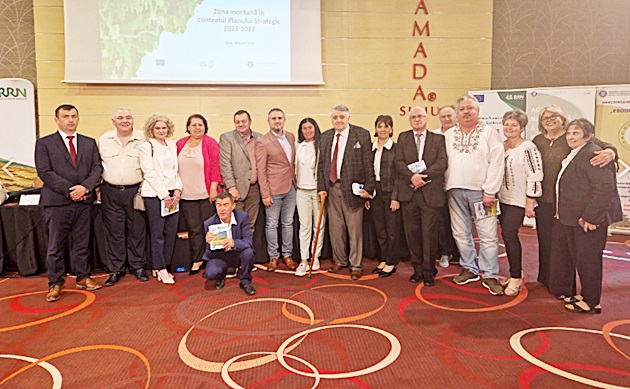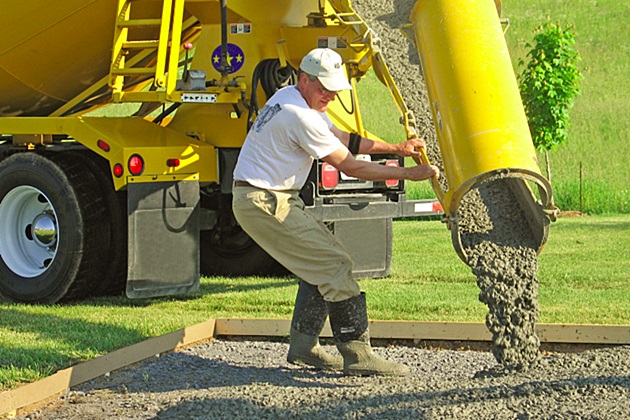600

The construction materials industry is undergoing a significant transformation in 2025, marked by the emergence of hybrid technologies that combine traditional properties with innovative performance. Among the most promising materials are graphene-enhanced concrete, biosynthetic bricks, and aerogel insulation panels.
Graphene concrete, already tested in pilot projects in Poland and the UK, delivers a mechanical strength of over 140 MPa and improved durability against freeze–thaw cycles, while cutting CO₂ emissions by up to 30% compared to conventional concrete.
Biosynthetic bricks, developed with bacteria that mineralize sand, are fully biodegradable and can be produced locally without high energy consumption. They offer a thermal conductivity of just 0.25 W/mK, comparable to that of conventional insulating materials.
Aerogel, already in use for ultra-thin insulation panels in NZEB buildings, is up to four times more efficient than traditional mineral wool.
The trend is clear: innovation in construction materials is no longer just an aesthetic or marketing option, but a core requirement for energy efficiency, sustainability, and compliance with updated European regulations.
(Foto: Freepik)




